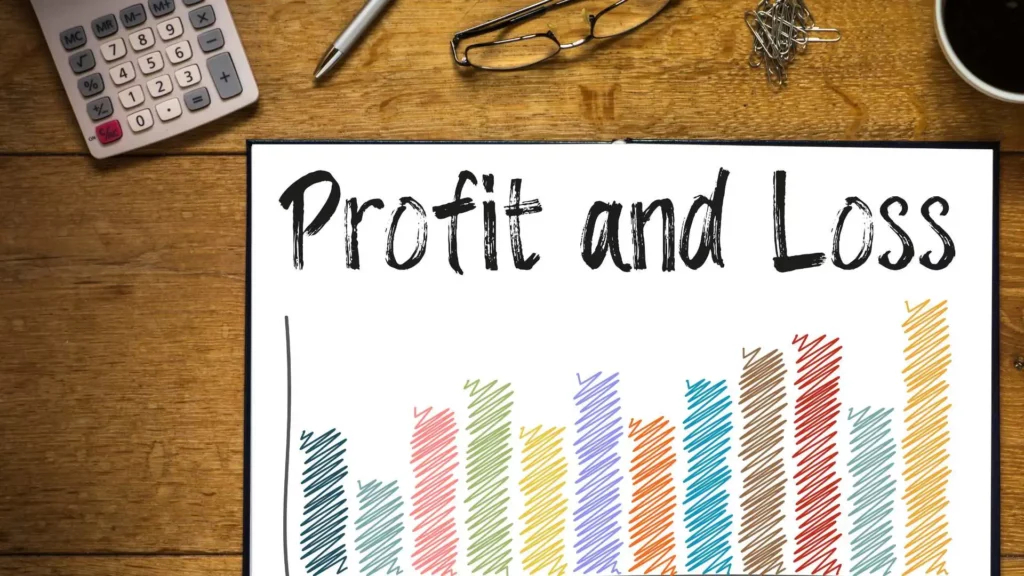A bond is a loan. In this case, it is given by an investor and the government; a company is a borrower. The borrower uses the money to fund its services, while the investor gains from the interest on the investment. A bond is a fixed-income instrument — one of the three main asset classes investments; others are equities and cash. It is advisable for investment portfolios to include some bonds as they balance out risk over time. Moreover, bonds have always saved investors from being wiped out when markets fall.
Bond aspects
Long-term government bonds traditionally earn about 5% in average annual returns, while it is 10% for stocks. Though stocks have higher returns, they have several risks daily, and a bond has relatively fewer risks. The only aspects to look into while purchasing bonds are the issuer’s affluence, integrity, and interest rates. Thus, bonds lend a helping hand to balance the risks connected with other stock-based investments.
Usually, bonds with lower interest rates are less risky, and conversely, bonds that are too risky have a higher interest. The federal government supports U.S. Treasury bonds. It is considered to be one of the risk-free, safe, and secure types of investments; thus, these bonds have low-interest rates because it is improbable that the federal government would shut down. Some treasury bonds are bills, bonds, and notes; they differ based on the span of time as well as Treasury Inflation-Protected Securities (TIPS).
Corporate bonds
Companies issue a bond called corporate bonds. They usually give when they are under a compulsion to raise money. If a company wants to build a new industrial unit, it could send out bonds and pay an agreed rate of interest. The company would then pay the original principal to investors after the bond fully develops. Don’t confuse yourself with stocks; buying a corporate bond does not give you ownership in the company, unlike purchasing stock in a company. Some companies might offer a higher rate of interest on bonds. You should, however, try to avoid these companies. In a worst-case scenario, they might provide high interest as they might know that their company would fail before paying off the debt, and would plan to declare bankruptcy.
There are two types of corporate bonds: high-yield or investment-grade.
High-yield bonds
High-yield bonds have a relatively low credit rating and give a high-interest rate — as compensation for the high risk of default.
Investment-grade bonds
Investment-grade bonds have high credit ratings and provide low-interest rates due to lower default risk.
Municipal bonds are issued by states, cities, counties, and other non-federal government entities. Municipal bonds fund state and city projects like renovations or improvement projects. You could also get tax benefits from municipal bonds. These bondholders need not pay federal taxes on the interest that could convert to a low-interest rate. Municipal bondholders could also be exempted from state taxes. Short-term bonds pay off the principal in one to three years; long-term bonds take over ten years.
A fixed income
Bonds are often called fixed-income security because when you pay a regular amount to the investor — better known as coupon rate — the investor gets a standard income. A $20,000 bond along with a ten-year maturity and a coupon rate of 5% would repay $1000 every year for ten years. Then the initial $20,000 nominal value is repaid to the investor. This would be ideal for people nearing retirement, who may not be willing to use intense strategies in the stock market fray to make a deal.




















